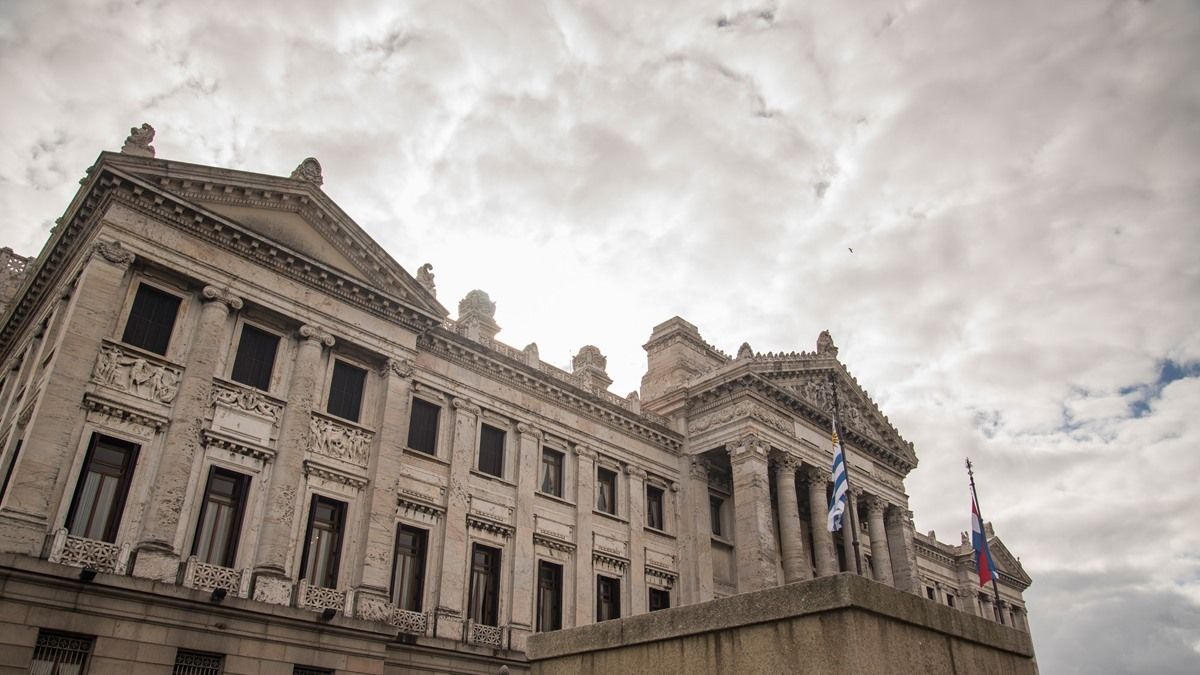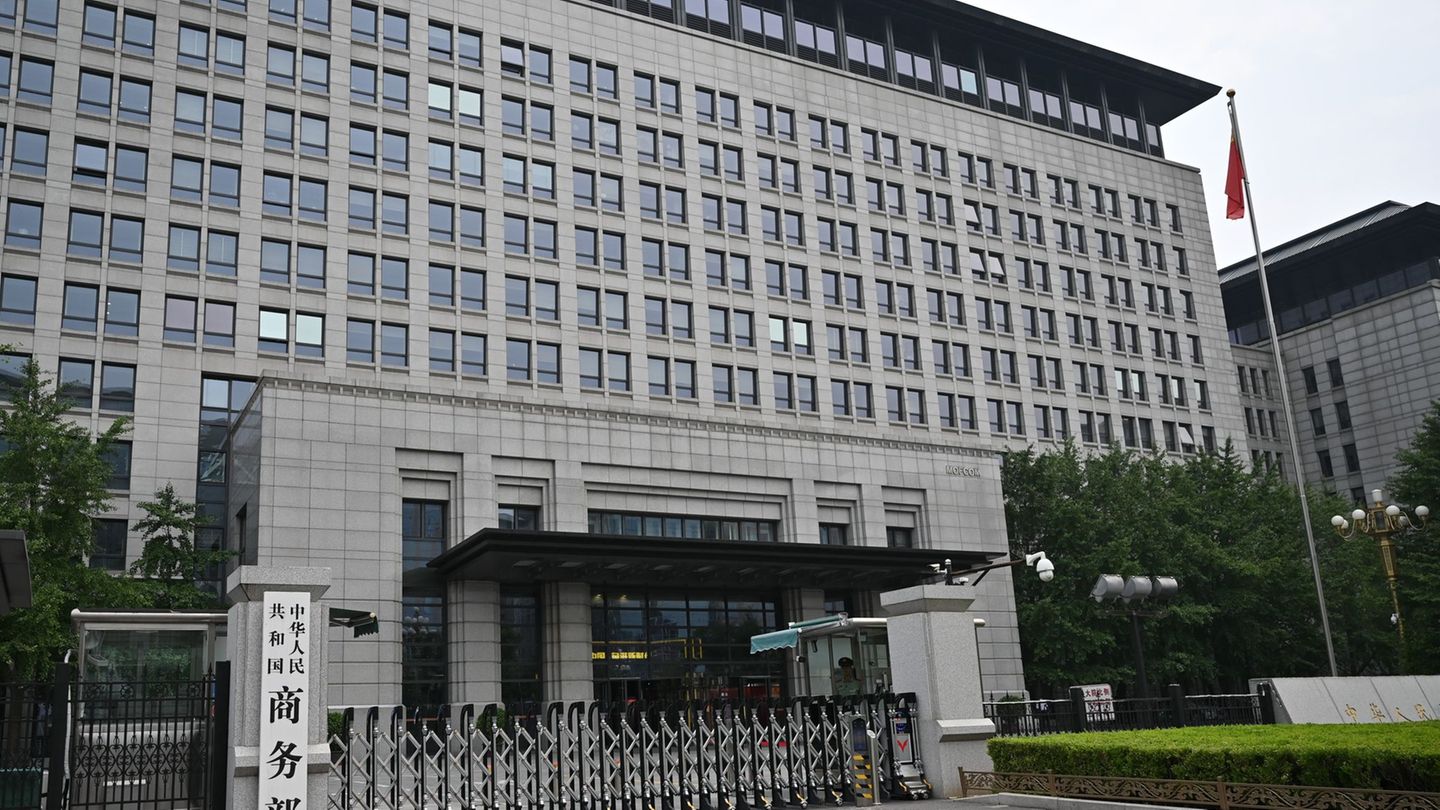The political parity bill in the Parliament would be discussed this month, according to its promoter, the nationalist senator, Gloria Rodriguezwho assured that the resistance to its approval is not found in society but rather in the Uruguayan political system.
Uruguay It has one of the parliaments with the lowest female participation, with only 23% of the seats occupied by women. And it is enough to look at the electoral scenario for this year’s presidential race to notice that the female absence extends to the highest positions in local politics: of the 18 confirmed pre-candidacies, only four are headed by women, two by the National Party —Laura Raffo and Roxana Corbran—, one for him Broad Front —Carolina Cosse— and one for him Colorado Party—Carolina Ache.
For his part, as he warns UN Womenthe Quota Law has not represented the transformation necessary to Uruguay which currently occupies 96th place in the global ranking of the Inter-Parliamentary Union (IPU) Index, which measures the political representation of women. Far behind other countries in the region such as Chili (46), Costa Rica (8) or Mexico (4).
“The so-called quota law has already been voted on, which was a brutal resistance. I always invite everyone to go to the shorthand versions, the resistance that existed. Today it is a law and everyone says we want to stay with the quota law because it is the better,” said the nationalist senator at a press conference.
The resistance of the political system
Rodríguez assured that citizens increasingly demand the presence of women in the Parliament. “Generally they offer resistance, but here there is an issue and it is very simple, the resistance is not in the street or in the citizens, it is in the Parliament. Society is prepared for a quota law, it is demanding more women in Parliament,” he noted.
“Now, those who have the decision are the parliamentarians who must accompany them if they consider what the citizens are demanding. The citizens demand greater participation of women, parity,” recalled the nationalist senator.
For her part, Rodríguez announced that the bill is expected to be discussed in the coming weeks of March. “Is in the Senate Human Rights, Equity and Gender Commission and the intention is to vote on it this March and then pass it to the plenary session,” he explained.
A study that supports Rodríguez’s position
Consulting Teams carried out together with UN Women a study to reveal the public opinion regarding this bill. One of the main conclusions confirms that resistance to gender equality is typical of the political system, since 47% of those surveyed considered that Uruguay should go towards a parity law.
This figure represented an increase compared to 2021, when only 38% gave a positive opinion; and it is an even bigger improvement compared to 2016, when support was just 35%.
In the same sense, the study found that 64% of the people surveyed believe that there should be more women legislators, realizing that society is prepared to move towards gender equality in politics, hindered by traditional party structures—along with other factors linked to general gender gaps such as division of roles at home and motherhood.
Along these lines, the respondents were also consulted about the reasons behind the underrepresentation of women in politics: 44% thought that it has to do with the fact that women “are more discriminated against in the political system”; 27% pointed out the difficulty of “combining political life and family responsibilities”; and 17% considered that “women are less interested in politics than men.”
Source: Ambito




